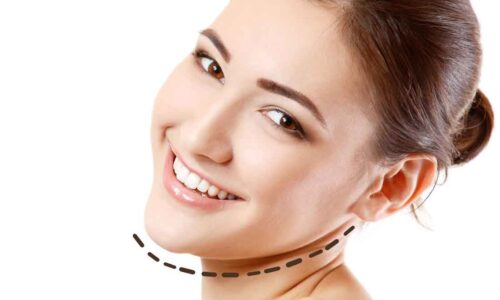Sculpt Sublime (Plastic Surgery Clinic)

Everyone has buccal fat pads. However, the size of buccal fat pads can vary greatly.
If you have larger buccal fat pads, you might feel like your face is too round or full. You may also feel like you have a “baby face.”
There’s nothing wrong with having bigger cheeks. But if you’d like to make them smaller, a plastic surgeon might recommend buccal fat removal. This surgery is done to reduce the width of round faces.
If you’re interested in buccal fat removal, read on to learn about the procedure and the potential complications.
What is buccal fat removal?
Buccal fat removal is a type of plastic surgery. It’s also known as a buccal lipectomy or cheek reduction surgery. During the procedure, the buccal fat pads in your cheeks are surgically removed. This thins the cheeks and defines facial angles. The surgery can be done alone or with another form of plastic surgery, such as:
- Facelift
- Rhinoplasty
- Chin implants
- Lip augmentation
- Botox injection
Who’s a good candidate for buccal fat removal?
You might be a good candidate for buccal fat removal if any of the following applies to you:
- You’re in good physical health.
- You’re at a healthy weight.
- You have a round, fuller face.
- You dislike the fullness of your cheeks.
- You have pseudoherniation (small rounded fat mass in the cheek due to weak buccal fat pad).
- You’re seeking facial feminization surgery.
- You have realistic expectations.
- You don’t smoke.
Buccal fat removal isn’t for everyone. It may not be recommended in the following scenarios:
- Your face is narrow. If your face is naturally thin, the surgery might cause sunken cheeks as you age.
- You have progressive hemifacial atrophy (Parry-Romberg syndrome). This rare disorder causes skin on one side of the face to shrink. It’s known to affect the buccal fat pad.
- You’re older. As you age, you naturally lose fat in your face. The procedure might emphasize jowls and other signs of facial aging.
A plastic surgeon is the best person to determine if you’re an ideal candidate.
FAQs
What is done in plastic surgery?
What is the difference between cosmetic and reconstructive surgery?
Cosmetic surgery is performed to reshape normal structures of the body in order to improve appearance and self-esteem. Cosmetic surgery is usually not covered by health insurance because it is elective.
Reconstructive surgery is performed on abnormal structures of the body caused by congenital defects, developmental abnormalities, trauma, infection, tumors or disease. In general, reconstructive surgery is performed to improve function, but may also be completed to approximate a normal appearance.
Reconstructive surgery is typically covered by most health insurance policies, although coverage for specific procedures and levels of coverage may vary greatly.
If I have Botox or Restylane, how often would I need to repeat the injections?
Botox lasts about three to four months, and the treatment can be repeated as needed. When it wears off, you will begin to notice increased muscle action and some reformation of the wrinkles. It appears that with repeated use, the effect of Botox becomes longer lasting.
Restylane injections last for about six months, and can also be repeated as needed.
How do I know what size breast implant is right for me?
The decision is based on a number of factors, including the patient’s desires, reasons for the surgery and overall health.
For example, are you doing it because you feel your breasts are too small relative to your body contour or are you unhappy with the size and firmness of your breasts following pregnancy, breastfeeding or major weight loss? Unevenness between the breasts can also be a motivating factor. Your surgeon can help you make the right decision during your pre-surgical appointment(s).